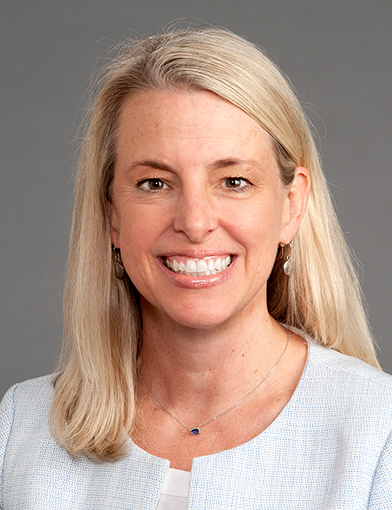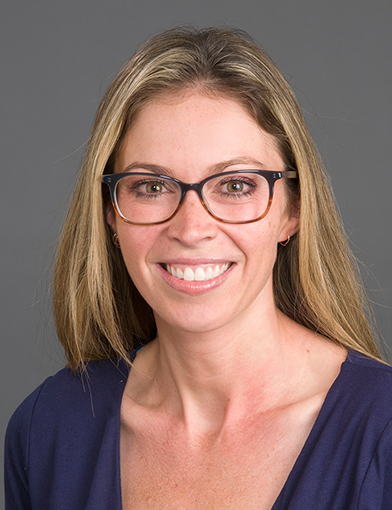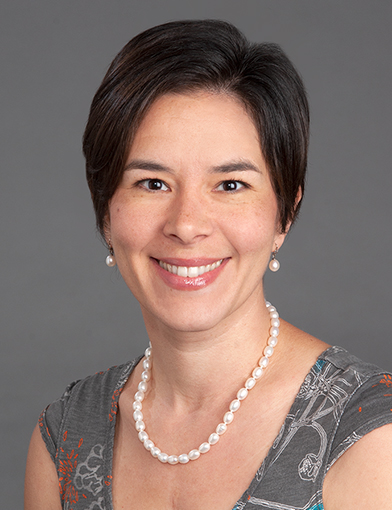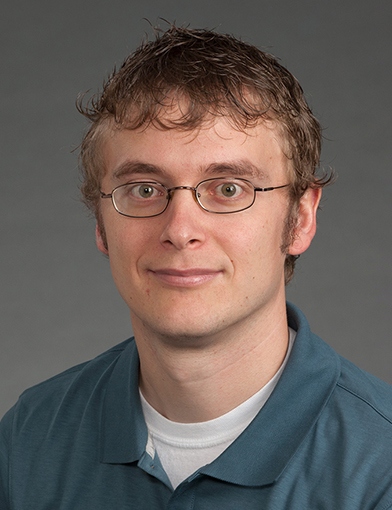The Pediatric Residency program at Wake Forest provides comprehensive, well-rounded training in pediatrics to a diverse and talented team of residents. We train 14 categorical residents per class, offering truly personalized education and mentorship from a dedicated, multidisciplinary faculty encompassing all the pediatric subspecialties.
Why Winston-Salem. Why Wake Forest.
In addition to our excellent clinical training, we ensure our residents are well-equipped for future academic pursuits; all residents gain basic skills in advocacy, quality improvement, medical education, and clinical research and complete a mentored scholarly project in at least one of these domains.
Our pediatric residents care for a diverse and underserved patient population. At our continuity and ambulatory clinic site, 67% of patients identify as Latinx/Hispanic and 25% as African American/Black. Limited English Proficient patients account for 44%, and over 90% of patients have Medicaid.
Our program mission statement, I-REACH, reflects our values and priorities as a residency.
- Inclusion - Increase diversity of the pediatric workforce to match the diversity of pediatric patients
- Research - Conduct innovative clinical and translational pediatric research
- Education - Provide unsurpassed pediatric educational opportunities for the next generation
- Advocacy - Promote optimal well-being of all children locally and beyond
- Community - Engage in community partnerships that strengthen public health
- Health - Deliver exceptional, compassionate health care for our patients and families
Diversity, Equity and Inclusion
The Pediatric Residency Program at Brenner Children’s Hospital and Atrium Health Wake Forest Baptist is committed to recruiting and supporting a diverse group of residents.
Support and Wellness
Our approach to “Wellness” is not a one size fits all, but rather a flexible, dynamic curriculum meant to offer a variety of options to support the well-being of our pediatric residents.




